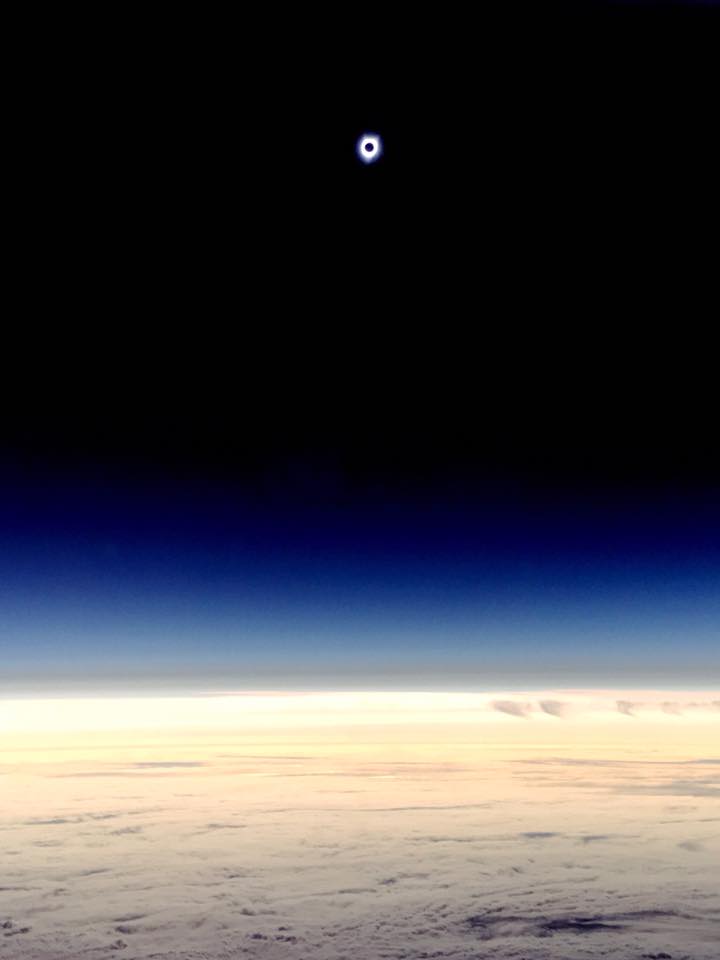New York, NY (February , 2023) — The Explorers Club today announced geologist, author, and Mars mission operation specialist Tanya Harrison, as one of its 50 People Changing the World That the World Needs to Know About, a group of scientists, educators and conservationists whose work will unlock the secrets of the oceans, advance conservation efforts, protect rare and endangered species, and take us further into space. Link to the full List of EC50 2023 members
Dr. Harrison has worked as a scientist and mission operations specialist on multiple NASA missions to Mars, including the Opportunity, Curiosity, and Perseverance rovers, and the Mars Reconnaissance Orbiter. Bridging the worlds of Mars and Earth, as well as academia and industry, she currently works as the Director of Science for Impact at Planet Labs, and was previously the Director of Research for Arizona State University’s NewSpace Initiative.
As a highly respected expert in the field, Tanya has made numerous TV appearances, including on National Geographic, CTV, and Al Jazeera English, and has written on space-related topics for outlets such as Astronomy magazine. She has also served as an author and editor on multiple Mars-related academic books. Her first non-academic book, For All Humankind, made the #1 release on Amazon’s Aeronautics and Astronautics book list. Committed to fostering the next generation in space, Tanya is active in many mentorships, education, and outreach initiatives and she serves on the Board of Advisors for Students for the Exploration and Development of Space (SEDS), and co-founded the Zed Factor Fellowship to increase diversity, inclusion, and accessibility in aerospace.
The Explorers Club 50 (EC50) was established in 2020 to amplify the communication of science so that it is more inclusive and represents the many diverse voices in the global scientific community.
“We’re hoping to find or inspire the next Buzz Aldrin, Jane Goodall, Neil DeGrasse Tyson, or Kathy Sullivan. We see our EC50 members as being the next generation of individuals who will take us further into space, conserve our earth and oceans, and protect at-risk species worldwide,” said Richard Garriott de Cayeux, president of The Explorers Club. “At a time where science is often under attack, we need to ensure that this next generation of scientists and educators are given as many platforms and resources as possible to conduct and promote their work.”
The EC50 winners will receive membership in The Explorers Club, access to the Club’s worldwide network of explorers, will be promoted in a special Explorers Club’s EC50 Publication, lecture opportunities and more. The Explorers Club also allocates staff and resources to help promote and market past and present EC50 members, showcasing their achievements.
“These are individuals that have accomplished the extraordinary but are not yet household names, but that’s going to change. They are the future of exploration, and the world needs to know about them and their work.” said Richard Wiese, President Emeritus of The Explorers Club and founder of the EC50 Program. “This Explorers Club initiative is designed to reflect the diversity of both the individual and their accomplishments, and to bring the awardees together amplifying their voices through shared knowledge and experience.”
About The Explorers Club:
Since its inception in 1904, members of the Club have traversed the earth, the seas, the skies, and even the moon, on expeditions. First to the North Pole, first to the South Pole, first to the summit of Mount Everest, first to the deepest point in the ocean and first to the surface of the moon – all accomplished by Explorers Club Members. Notable members include Teddy Roosevelt, Neil Armstrong, Jane Goodall, Edmund Hillary, John Glenn, Sally Ride, Bob Ballard, and more. https://www.explorers.org/
For more information contact:
Joe Orlando
jorlando@explorers.org
973-936-2797
# # #

